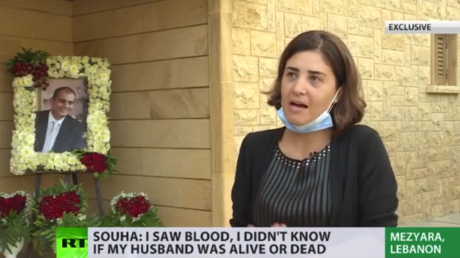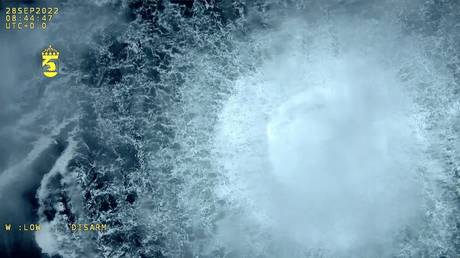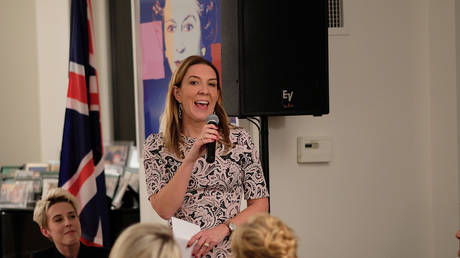
Standing outside her home in Miziara, Lebanon, Souha’s eyes fill up with tears as she speaks about her husband’s death. “I love you!” she cries out, as if speaking to him.
“How am I able to come back to this house? How am I supposed to put my head on this pillow, in this room, and I know it’s forever, his body won’t be around me. I was waiting for him to hug me, just to put his arms [around me], to feel secure,” she told RT’s Igor Zhdanov.
Souha’s husband, Jihad, was one of the more than two hundred victims in last week’s catastrophic blast that left much of the Lebanese capital in ruins.
When the explosion tore through Beirut, she, along with her husband, was with their daughter, Jemma, at the hospital. The six-year-old was receiving medical treatment after being diagnosed with Hodgkin lymphoma. Jihad had rushed back to Lebanon from a business trip in Nigeria so that he could be with his daughter as she battled cancer. Souha said that the three of them shared the same bed at the hospital, so that Jemma would never feel alone.
The whole building shook when the blast hit, shattering nearby windows, Souha recounted. She couldn’t see anything but tried to grab hold of her husband, only to realize that his head had been “smashed.”
She told RT that her daughter is still processing her father’s horrific death, and that she can’t imagine what Jemma must see when she closes her eyes and remembers watching him die.
“She drew for me a round circle. She colored it with red. I knew it was her dead [father], and it was full of blood,” Souha said.
The tragedy has been equally devastating for her son. It took place just days before his birthday.
“I promised my son that me and his dad would be at his birthday, and I broke this promise,” Souha said as her voice cracked.
Faced with unspeakable tragedy, Souha still managed to smile while talking about her children.
Souha said that she would make it her life mission to eliminate the shortage of cancer medication for Lebanese children.
Last week’s explosion at Beirut’s port is believed to have killed 220 people with dozens more still missing. It turned much of the city into rubble and left some 300,000 people homeless. Officials are now investigating what made a large amount of ammonium nitrate, a highly-explosive chemical used in bombs and fertilizers, that was being stored at the port blow up.
Think your friends would be interested? Share this story!




